IPS_Innovative Prison Systems participated in two UNODC-led initiatives in Tajikistan, focused on strengthening security and counter-terrorism efforts in Central Asia. These efforts addressed critical challenges related to radicalisation, terrorism, and the management of foreign terrorist fighters, emphasising practical collaboration and regional capacity building.
The international conference “Strengthening Security for Stability: Mitigating Emerging Cross-Border Terrorism Threats in Central Asia”, was hosted by the United Nations Office on Drugs and Crime (UNODC) Regional Office for Afghanistan, Central Asia, Iran, and Pakistan (ROCA) in Dushanbe, Tajikistan, on 19 November 2024.
This high-level event brought together 70 participants, including Central Asian governmental delegates from Kazakhstan, Kyrgyzstan, Tajikistan, Turkmenistan, and Uzbekistan, along with representatives from the US Department of State, OSCE officials, and Ambassadors. The goal was to address the region’s increasing exposure to transnational threats, particularly those stemming from extremist groups operating in Afghanistan.
The conference focused on improving regional cooperation to address these threats and emphasised the need for stronger law enforcement and judicial collaboration to develop effective counter-terrorism strategies. Discussions also explored approaches to managing and reintegrating foreign terrorist fighters, including facilitating the implementation of rehabilitation programmes and ensuring coordinated responses across agencies. Enhancing border security was another key topic, with participants examining strategies to enhance border security and prevent the movement of extremist actors and resources across national boundaries.
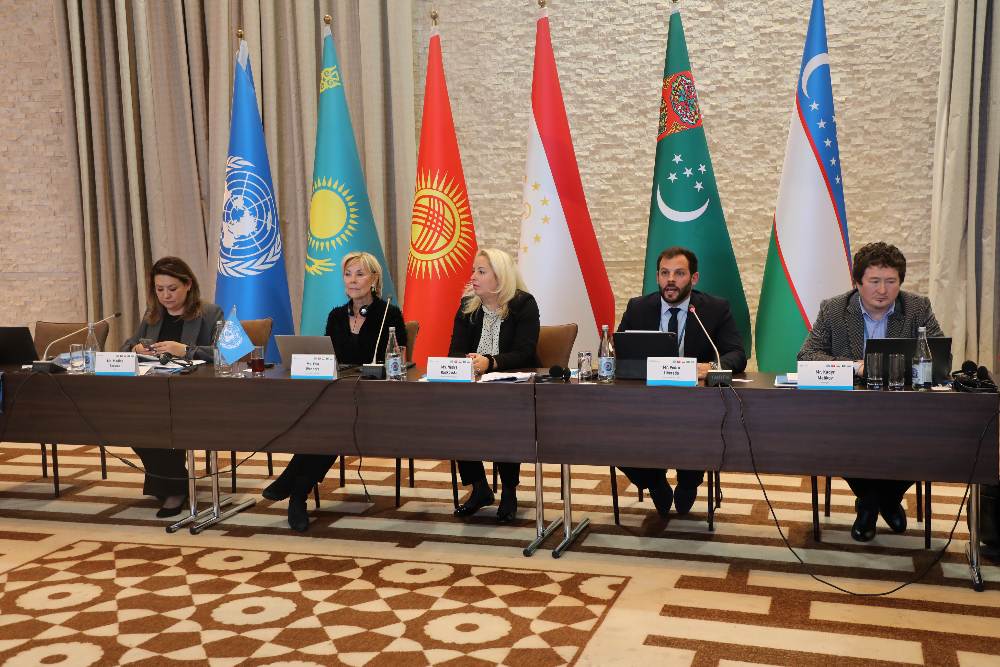
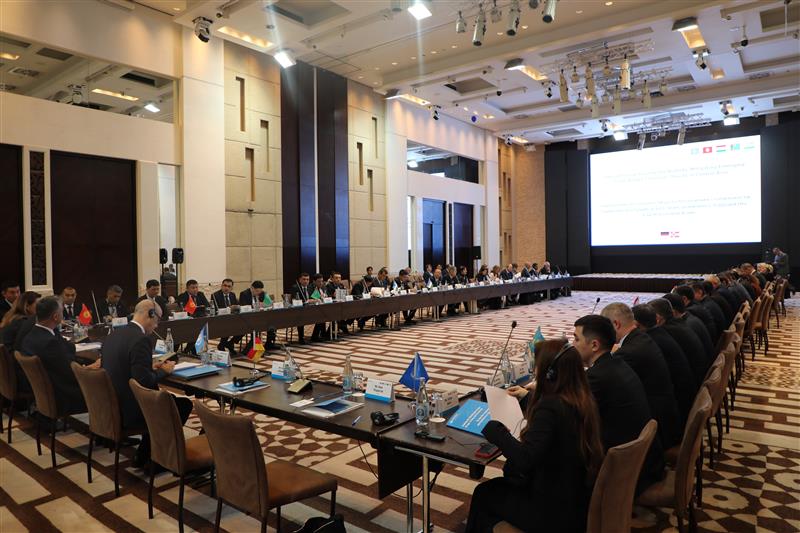
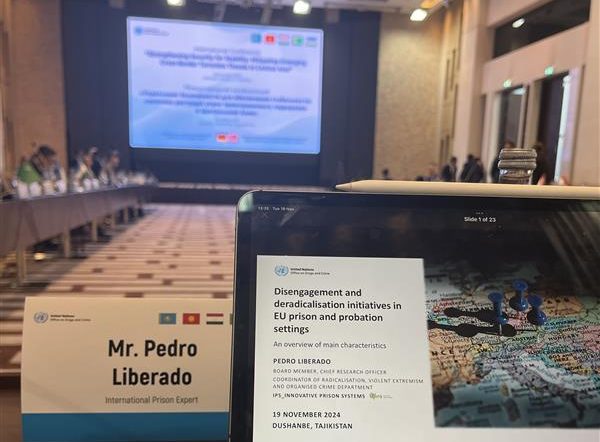
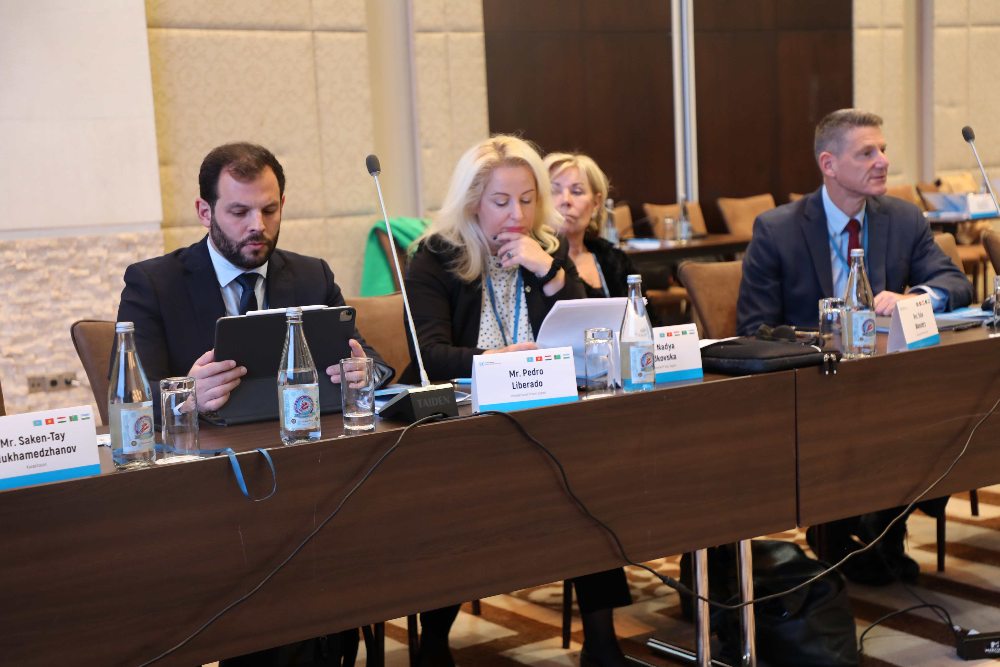
IPS was proud to contribute its expertise to discussions centered on rehabilitation and reintegration strategies for violent extremists and terrorist offenders, including foreign terrorist fighters. Representing IPS, Pedro Liberado, Chief Research Officer and Coordinator of the Radicalisation, Violent Extremism and Organised Crime Portfolio, joined a panel on “Challenges and Good Practices in Dealing with Reintegration and Rehabilitation of Foreign Terrorist Fighters (FTFs)”. This discussion explored the experiences of European countries in addressing the reintegration of FTFs, highlighting what interventions tend to succeed (or fail) depending on the context.
Following the conference, IPS further supported UNODC efforts through its participation in a two-day “Training on practical skills related to the application of dynamic security in facilities managing returning foreign terrorist fighters.” The training, also organised by UNODC, was delivered to 20 Tajik prison security officers and team leaders. The training focused on practical exercises and tools tailored to help identify early signs of radicalisation in prison settings. Topics such as manipulation, de-escalation, motivational interviewing, and detecting false compliance were also covered, providing participants with actionable skills applicable in their day-to-day roles.
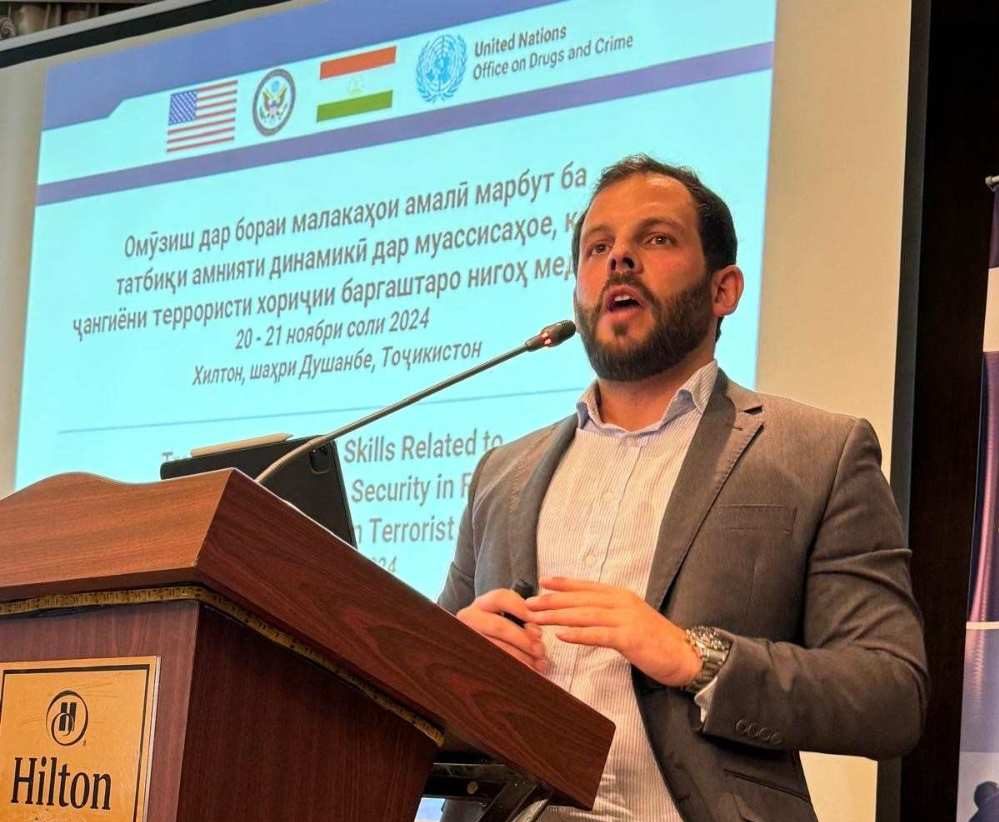
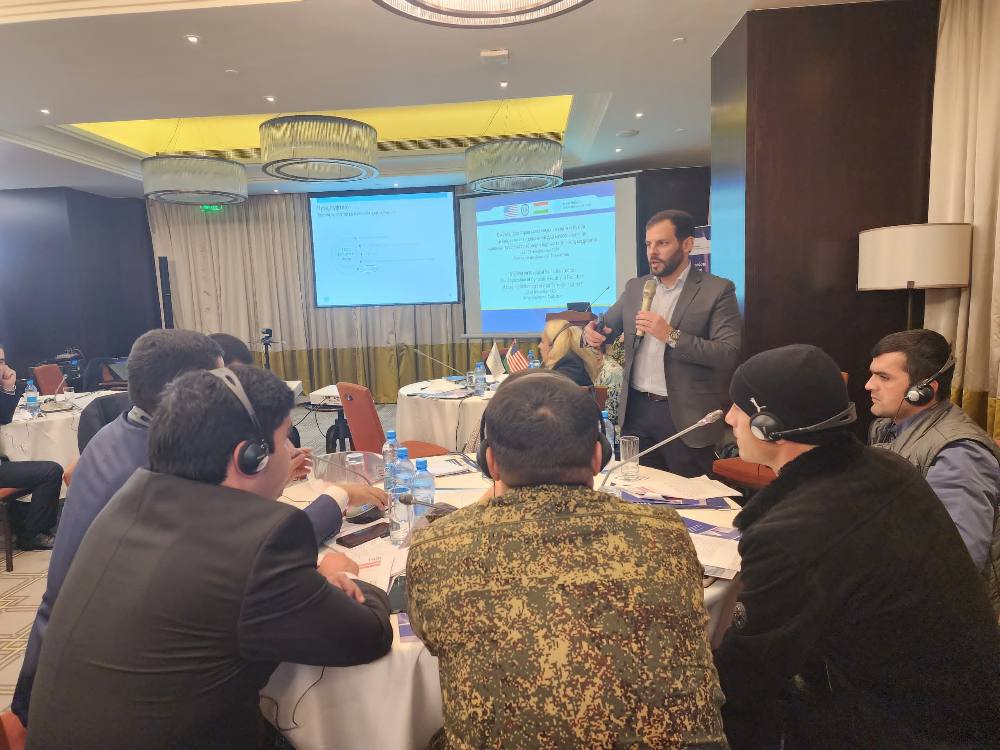
These events are part of ongoing UNODC initiatives aimed at enhancing regional capabilities to counter terrorism while upholding the principles of human rights and the rule of law. By participating in this exchange of expertise, IPS is proud to play a part on these critical platforms for developing sustainable strategies to strengthen stability and security in Central Asia.
Related projects

EUTEx
Developing a European framework for disengagement and reintegration of extremist offenders and radicalised individuals in prison

MIRAD
Multi-Ideological Radicalisation Assessment towards Disengagement

R2COM
Radicalisation and violent extremism prevention in the community

INDEED
Strengthening a comprehensive approach to preventing and counteracting radicalisation based on a universal evidence-based model for evaluation of radicalisation prevention and mitigation

HOPE
Holistic Radicalisation Prevention Initiative (Balkan countries)

R4JUST
Radicalisation Prevention Competences’ Development Programme for Justice Professionals

WAYOUT
Integrated Exit Programme for Prisons and Probation

INTEGRA
Integrated Community, Probation and Prison Services Radicalisation Prevention Approach

PRACTICIES
Partnership against Radicalisation in Cities

R2PRIS
Radicalisation Prevention in Prisons
Related news
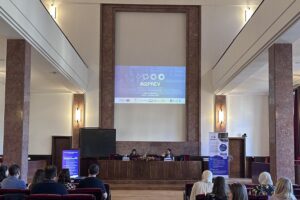
IN2PREV Final Conference highlights cross-sector collaboration for refugee inclusion and radicalisation prevention
Read More »
Standing united against hate: A national effort to prevent and tackle hate crime and hate speech in Portugal
Read More »
New IPS-led initiative unites efforts to protect religious communities, schools, and places of worship
Read More »
IPS contributes to shaping EU’s future agenda on radicalisation prevention at Brussels Town Hall meeting
Read More »
Advancing rehabilitation and countering contemporary extremist threats: IPS at the EU Knowledge Hub on Prevention of Radicalisation Thematic Panels
Read More »



